Cyprus: 51 years later, can you begin to say the quiet things out loud?
Cyprus, you have traversed the same ground for a half-century: crying for tragedy, overcoming pain, finding friends, and reuniting neighbors. Now, it’s time stand up straight in the geopolitical arena. [Sirhal, 2024]
51 years later, it is difficult to add anything not already said about the tragic impact of July 15, 1974, or the current realities around the Cyprus Problem. Nevertheless, we find it necessary to repeat once again the things we firmly believe and that are supported to the best of our knowledge by simple fact and common logic.
Recently, researchers found new evidence—both intriguing and shocking—that the Greek Junta and, most likely, other foreign governments were aware of Türkiye’s plan to invade Cyprus in case of a military coup. That said, despite the discovery of things previously unknown, we reaffirm the obvious fact that it was the EOKA-B coup which invited the Turkish invasion of July 20, 1974. In the broader context of Cyprus’ history, however, it is rare as a point of common agreement. Cypriot evaluations of secondary events—as well as of the role of Greek and Turkish Cypriot communities, of Athens, Ankara, and the U.N.—differ radically.
In her recent interview to Politis, María Ángela Holguín, the Personal Envoy of the U.N. Secretary-General, acknowledged what is already quite obvious: that the differences between the two sides are significant, and that the bizonal-bicommunal federation no longer constitutes a common ground for them. Whether this is Ms. Holguín’s all-too-late attempt to adjust the U.N. position, or a slight appeasement to Mr. Tatar, she is certainly correct: the old positions are defunct, and new ones must be forged.
On an optimistic note, Ms. Holguín also said that if a willingness exists between both communities, any differences can be bridged. In her words, “there should be two people dancing tango”; but who exactly, Ms. Holguín, is supposed to wear the dress?
We must take into account the reports on Ankara’s democratic interference in the occupied areas, the policy on Turkish settlers, and the fact that Mr. Tatar himself admitted that, when push comes to shove, he takes direction not from himself, but from the bureaucracy in Ankara. Given all this, is it even possible to say that the negotiations are indeed bicommunal in essence?
Of course, even if all this was not the case, how likely is it that Turkish Cypriot leadership is making independent decisions based on the interests of their own community, or that President Erdogan is not guided primarily by the geostrategic interests of his country? Moreover, for the Greek Cypriots, to what extent is it fair to their Turkish Cypriot compatriots to claim the current leadership is expressing their will and not that of Erdogan?
51 years later, can we finally admit that the Cyprus Problem is a geopolitical issue and deal with it as such? Can we say further that it is not the conflict which is frozen, but the dialogue?
As President Christodoulides said, the realist approach acknowledges the need for a win-win solution and, at least in theory, that is exactly how a geopolitical problem could and should be resolved. For a decade now in Cyprus, however, the focus on intercommunal peace has become overwrought.
To be clear, we do not discount, in fact, we commend the success of Cyprus’ civil society in bridging the gaps between Greek and Turkish Cypriots. Many in Nicosia cross the buffer zone every day without fear of reprisal and commune with those from the other side. What we criticize is the insistence—or just unwillingness to acknowledge political realities—that intercommunal detente will lead to reunification. It will not, because although the crimes of EOKA-B were very likely the reason the Turkish Army arrived, it was not the reason that they stayed.
As long as key actors hesitate to admit the true essence of the problem, the Cypriot and, indeed, the regional and global communities can hardly contribute to any kind of fair and viable solution. With that said and on this sad anniversary, we reiterate the necessity to face the reality as it is, so as to find a realistic solution to the dispute and not one embellished with the heartwarming, but now less critical pillars that reunification must be based on.

